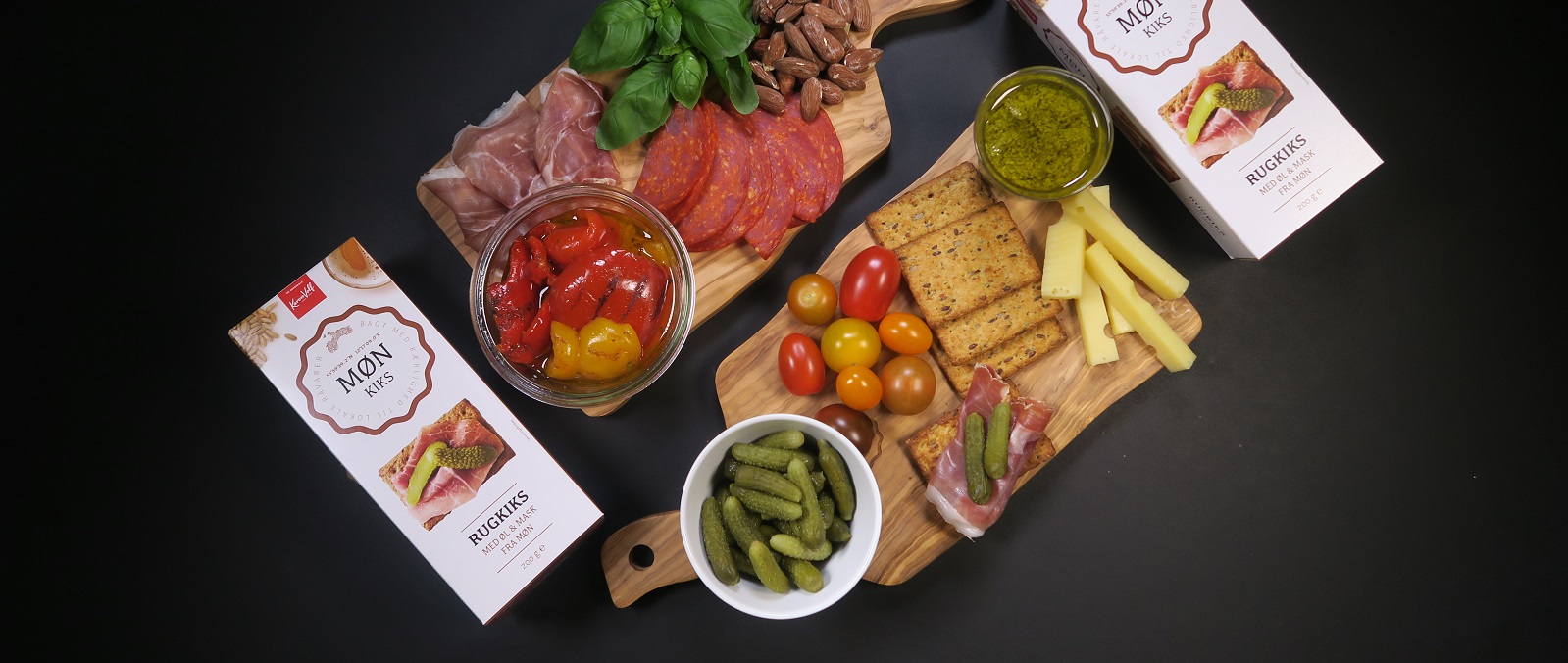Local collaboration increases product quality and extends value chain
On the small island of Møn in southern Denmark, a new line of biscuits is now in production. The biscuit is a result of a collaboration between the biscuit manufacturer, Bisca, and their close-door neighbour – Møn Brewery. The biscuit stands as an example of how local collaboration can increase product quality and extend value chains by using products otherwise discarded.
Every year, Møn Brewery produces 66,000 UK gallons of beer. Many of the residual products are reused and previously, many of the by-products were sent to local farmers who could use it as a feed for their cows. To Møn Brewery, the spent grain is a waste product that cannot be used anymore, but as a part of the newest collaboration, the biscuit producer, Bisca, uses the spent grain in a new line of biscuits called “Møn Biscuits”.
The biscuit stands as an example of how local collaboration can increase product quality and extend valuechains
The spent grain has significantly increased the quality of the biscuits, as the spent grain has a flexible and neat structure that benefits the taste. The products were put on the Danish shelves in the end of September 2017 and are today exported to other countries and a stable part of Denmarks large selection of premium biscuits.
A Symbol of Danish collaboration and creativity
The new line of biscuits serves as an example of the Danish business culture of collaboration. As the spent grain did not have value for Møn Brewery, it has been a key ingredient in a whole new line of biscuits that is now exported outside Denmark’s borders.
Local collaboration will be a key in a more sustainable food production that includes adding to existing value chains.


